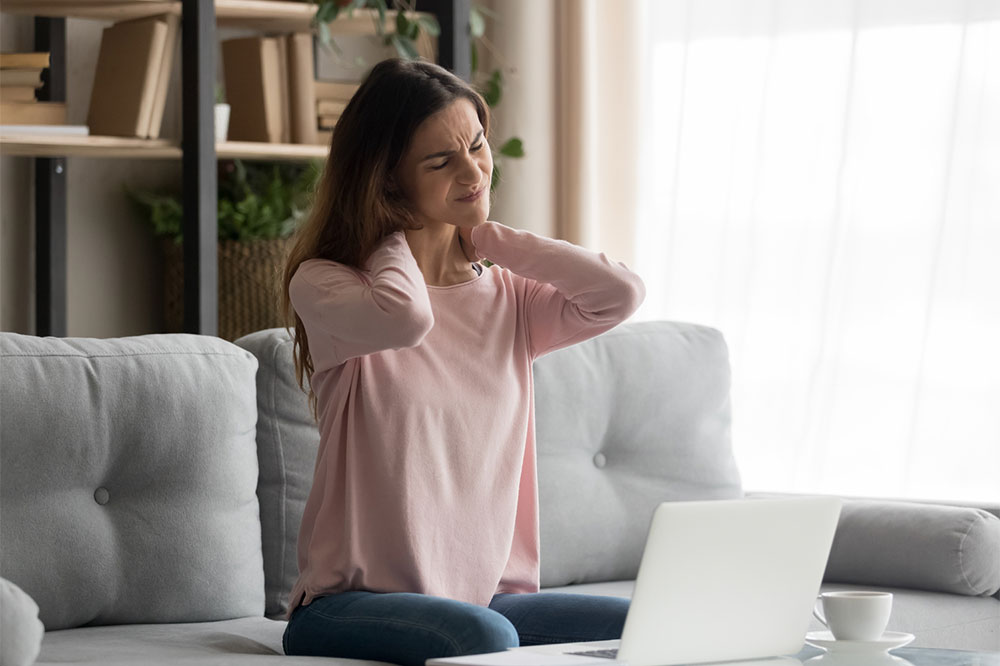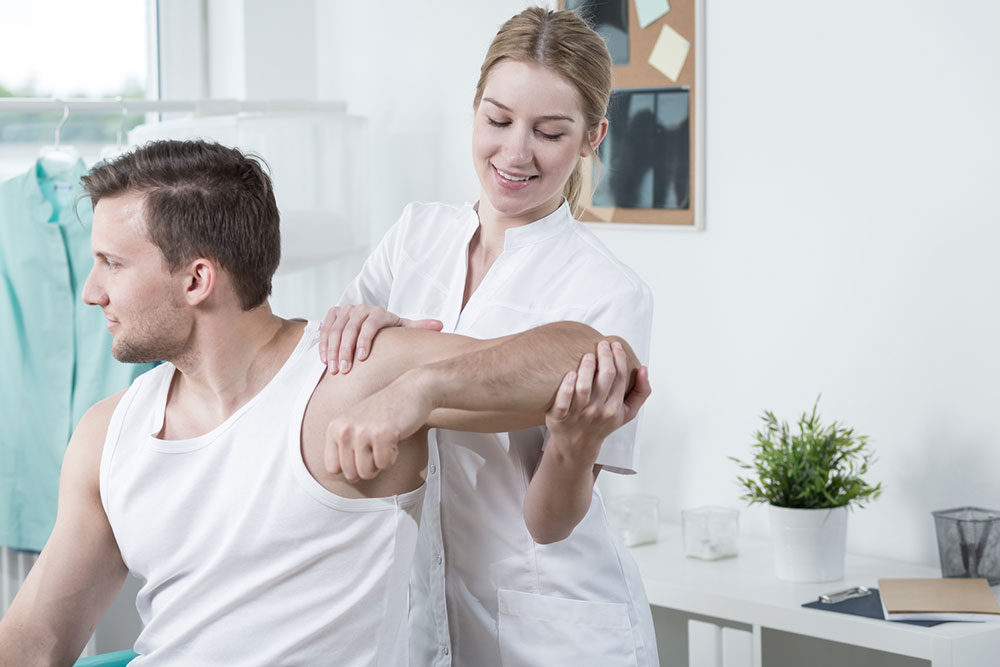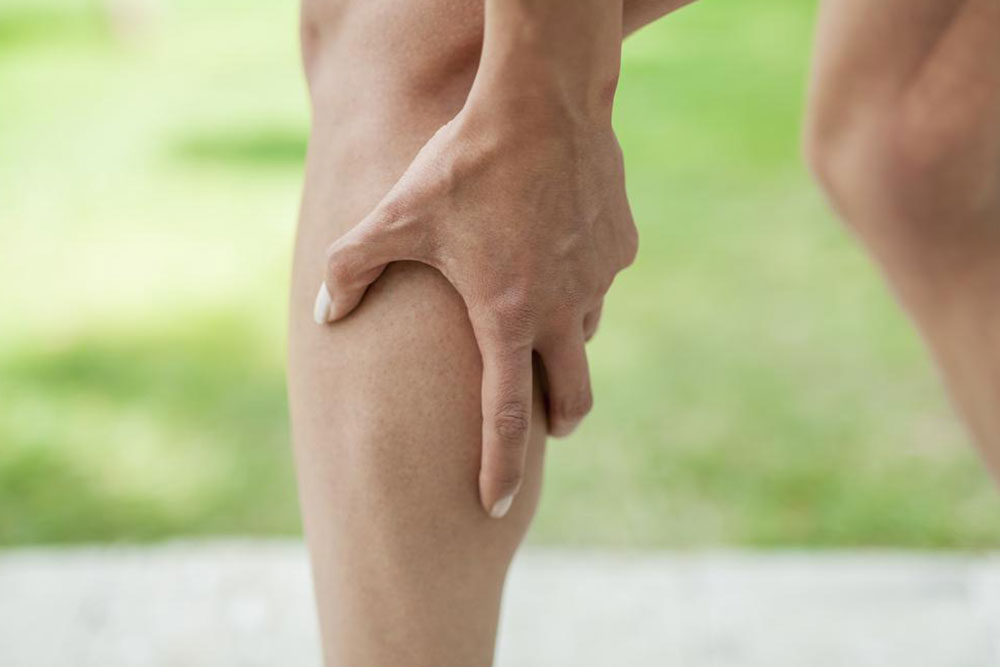Muscle Spasms Demystified: Causes, Prevention Tips, and Relief Methods
Learn about muscle spasms, including their causes, preventive measures, and effective relief techniques. The article offers practical advice for managing and reducing spasms, emphasizing hydration, stretching, and lifestyle adjustments to promote better muscle health.

Muscle Spasms Demystified: Causes, Prevention Tips, and Relief Methods
Muscle spasms, also called involuntary contractions, can cause intense discomfort and sudden pain. They often happen after physical exertion, fatigue, or due to deficiencies in nutrients like potassium and calcium. Common during activities such as running or weightlifting, these spasms can also appear during sleep, known as nocturnal cramps.
Causes of Muscle Spasms
These involuntary contractions commonly affect the calves, thighs, arms, and neck, lasting from a few seconds up to several minutes. Dehydration, electrolyte imbalances, nerve issues, kidney problems, or inadequate warm-up can all trigger spasms.
Most cramps are temporary and non-threatening, but if they last longer than 15 minutes or recur frequently, especially with walking pain, seeking medical advice is advised. Relief options include rest, applying warmth, stretching, relaxing muscle tension, massaging, and avoiding triggers like stress or certain foods.
To minimize muscle spasms, stay properly hydrated, wear loose-fitting clothing, get enough sleep, and regularly stretch. Maintaining these habits can support muscle health and reduce the frequency of cramps.


